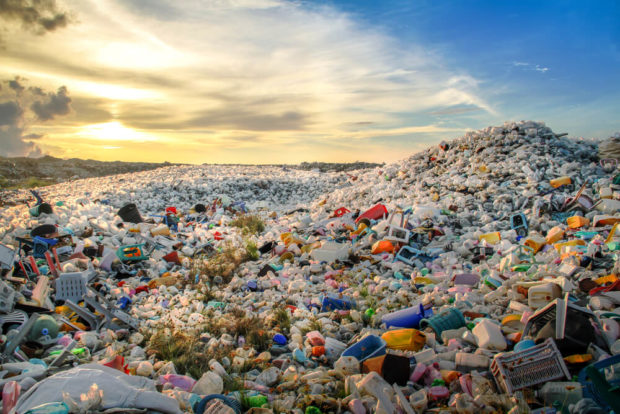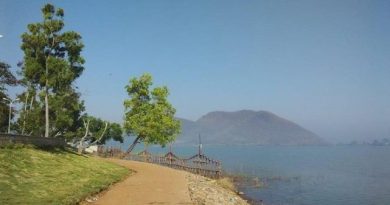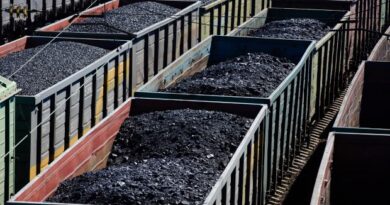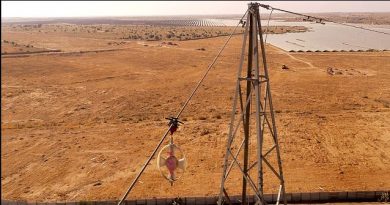Sweden and the UNEP join hands to Beat Plastic Pollution in Asia

Sweden, UN Environment and the Coordinating Body on the Seas of East Asia (COBSEA) today announced a $5 million project which will work to combat marine litter and plastic pollution in Southeast Asia over the coming four years, aiming to ensure that less plastic leaks through waste management systems. The move comes at a time when the Ocean Cleanup by Boyan Slat is also finally on its way to make a dent on the giant Pacific garbage patch
Several countries in Southeast Asia are major plastic producers, each generating a massive amount every year that more often than not ends up as marine litter, critically clogging the waterways in these nations. Inexpensive plastic packaging and widespread use and distribution of single use plastics is a common feature for most of these countries. And according to the UNEP, waste management capacity is limited in the region and the proportion of plastic waste mismanaged is over 75% on an average. Things have reached a stage where popular beaches have been shut down to rid them of waste and allow regeneration.
Dechen Tsering, regional director for UN Environment in Asia and the Pacific, said, “Plastic pollution is a global problem, yet 60% of all plastic that ends up in our oceans comes from only 6 countries in Asia. By addressing the problem here, we can make great strides toward a planet free of plastic pollution. We are pleased to have the support of the government of Sweden to tackle the issue.”
The project will involve stakeholders throughout the plastic value chain, from the plastic producers to the waste managers to those in coastal communities suffering most from the impact of plastic pollution. The project will be funded by the Sweden International Development Agency (SIDA) and will be implemented at ground level by the UN Environment and COBSEA. To reduce waste, the UN Environment and COBSEA will be working with research institutions, companies, government bodies and civil society to reduce the use of the most harmful and difficult to recycle plastic, boost collection and recycling of high-value plastic such as PET, and generate region-wide public awareness and support for better plastic pollution policies.
COBSEA Coordinator, Jerker Tamelander said, “The impacts of marine litter span national boundaries, ecosystems and economic sectors. Through regional cooperation we can get a more complete picture of the challenges we face, increase the effectiveness of our actions by ensuring they are coherent across countries, and share experiences and lessons learned.”
The scientific basis for addressing marine litter will be strengthened, by collecting and analyzing data on plastic leakage and marine litter at local, national and regional levels. The project team will use this baseline data to help all stakeholders in the plastic lifecycle develop evidence-based policies and plans that they hope will reduce the amount of marine litter flowing from the region by the time the project is completed.
Helena Molin Valdes, Head, Climate and Clean Air Coalition, UNEP in conversation with IAMRenew, talking about the possibilities of energy efficiency by reducing bio mass burning and waste burning etc, which would also improve air quality.




